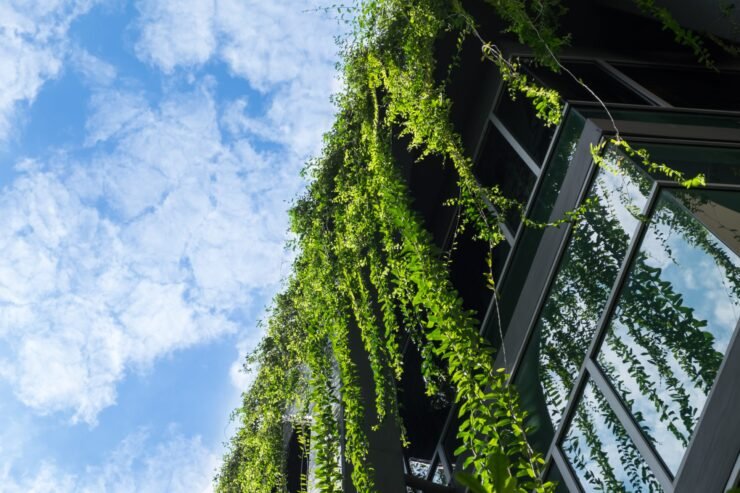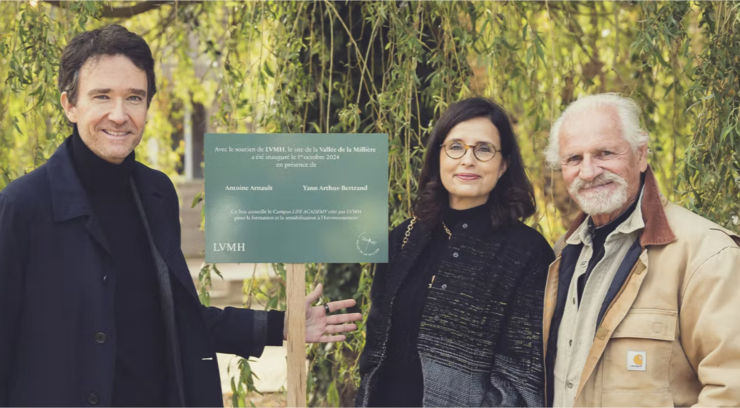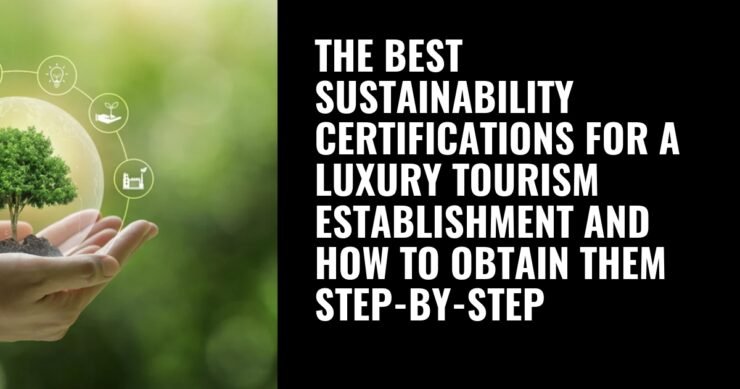sustainability

The 20th century defined luxury through opulence and material excess, symbolized by wealth and grandeur. However, the 21st century has transformed this perception, emphasizing purpose, sustainability, and ethical values. Modern luxury prioritizes experiences over possessions, rooted in authenticity and environmental responsibility. Consumers now seek meaningful narratives in products, reflecting a shift toward eco-consciousness in areas such as travel, fashion, and dining. This evolution calls for businesses to adapt to new expectations and engage customers more deeply. Ultimately, luxury has become a celebration of purpose and connection, inviting both businesses and consumers to prioritize meaningful living over mere status.

Eco-certifications are increasingly essential for luxury brands aiming to demonstrate sustainability. These certifications validate responsible production practices, build consumer trust, and differentiate brands in a saturated market. They appeal particularly to younger consumers who prioritize ethical sourcing and transparency. Key certifications include GOTS for textiles, Fairtrade, and LWG for leather. However, brands face challenges in obtaining these certifications, such as high costs, complex supply chains, and balancing exclusivity with sustainable practices. As consumer demand for eco-friendly products grows, brands with certifications are better positioned to attract loyalty and drive sales, ensuring future relevance in the luxury market.

In line with its “LIFE 360” environmental strategy, the Group is proud to open the first training campus of its “LIFE ACADEMY” on the site of Association de la Vallée de la Millière, founded by Yann Arthus-Bertrand. This strategic partnership, which includes funding to renovate the buildings and help to rewild the site, contributes to the Group’s goal of training 100% of its employees in environmental issues by 2026.

Obtaining certifications such as LEED, EarthCheck, or Green Key is a process that requires planning and commitment, but the benefits in terms of sustainability, operational efficiency, and reputation in the luxury tourism market are significant. By following these detailed steps and utilizing the provided resources, your establishment can position itself as a leader in sustainable practices in the global tourism industry.





















































